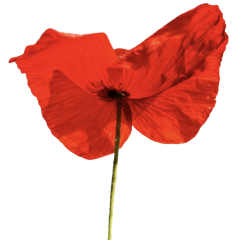Our journey back to the First World War has been unexpectedly eventful. When we embarked on this project, we had no idea we’d run into a pandemic and lockdown. All our face-to-face workshops were abruptly stopped and planned trips to museums and archives had to be shelved.
The parallels with the war, not to mention the 1918 flu pandemic, weren’t lost on us. The mental health of young people has been of great concern, with their education and exams up in the air. Friendships and families were under great strain, with young people trying to cope with not seeing enough of one group, and perhaps seeing too much of the other.
Our whole project switched to one that would be developed and delivered online. We met for workshops on Video conference calls, used WhatsApp and email to catch up and organise events and recorded interviews using our experience of making our lockdown radio series, Raising Teens.
I can’t tell you how proud I am of the students who have been involved in this project, of their enthusiasm, intelligence and ability to get involved and have a go. They’ve got involved with interviewing, recording, writing and presenting pieces for the podcast – all done remotely. Their work has been outstanding.
And a huge thank you has to go to the team at the Heritage Fund – firstly for funding our project – but also for their ongoing encouragement and helping us get to the finish line by moving our deadlines owing to Covid-19-related delays.
That thanks also extends to everyone who contributes to the National Lottery.

